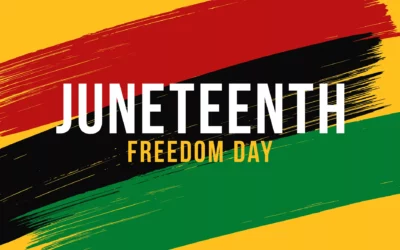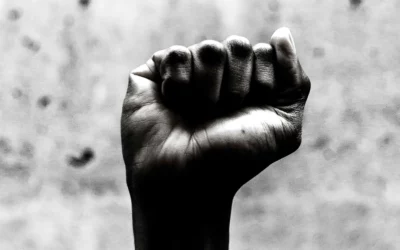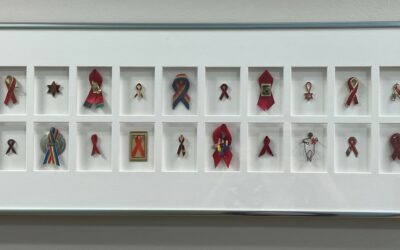Honoring Indigenous Peoples’ Past and Present History Through Education
National Native American Heritage Month is celebrated to honor Indigenous peoples’ past and present history. President Biden’s Administration described it as “a time to rededicate ourselves to honoring Tribal sovereignty, promoting Tribal self-determination and upholding the United States’ solemn trust and treaty responsibilities to Tribal Nations.”
With Thanksgiving (learn about the Myths of the Thanksgiving story) around the corner and National Native American Heritage Month in full swing, we believe it is the perfect time to acknowledge the discrepancies in the homeless community caused by a ripple effect of broken treaties, dispossession of ancestral lands and policies of assimilation and termination sought to decimate Native populations and their ways of life.
Homelessness on American Indian Reservations
The Reservation Homeless Study is conducted every three years in partnership with six of Minnesota’s American Indian reservations. In 2018, the study found that the number of participants meeting the federal definition of homelessness continues to climb. Indigenous Peoples were not only displaced in America’s past; It is still happening in America today. Learn more about the study.
Other Background on Indigenous Peoples and Homelessness
“Nationally, 99.8 percent of tribal housing officials reported that doubling up (i.e., taking in family and friends who would otherwise risk homelessness) was a problem in their tribal areas, and 88 percent said households experience literal homelessness (i.e., sleeping on the street, in emergency shelter, or someplace not meant for human habitation),” Author Jennifer Biess reported.
Homelessness in Indian Country often disguises itself as “doubling up,” potentially causing there to be less coverage of the issues, along with other issues.
“Designated homeless services are also less common in tribal areas. Although homelessness affects nearly all tribal areas, only 46 percent of the tribal housing officials we surveyed noted that people their community use homeless shelters, and only 11 of the 22 tribal areas we visited had a shelter within their tribal area boundaries,” Biess said.
Native Americans over overrepresented in the homeless population.
A Call From the UCLA to “Read, Watch and Listen”
How can you do your part this National Native American Heritage Month? UCLA staff members recommend works for education and entertainment to celebrate throughout November.
Click here to read, watch and listen to various educational works.









